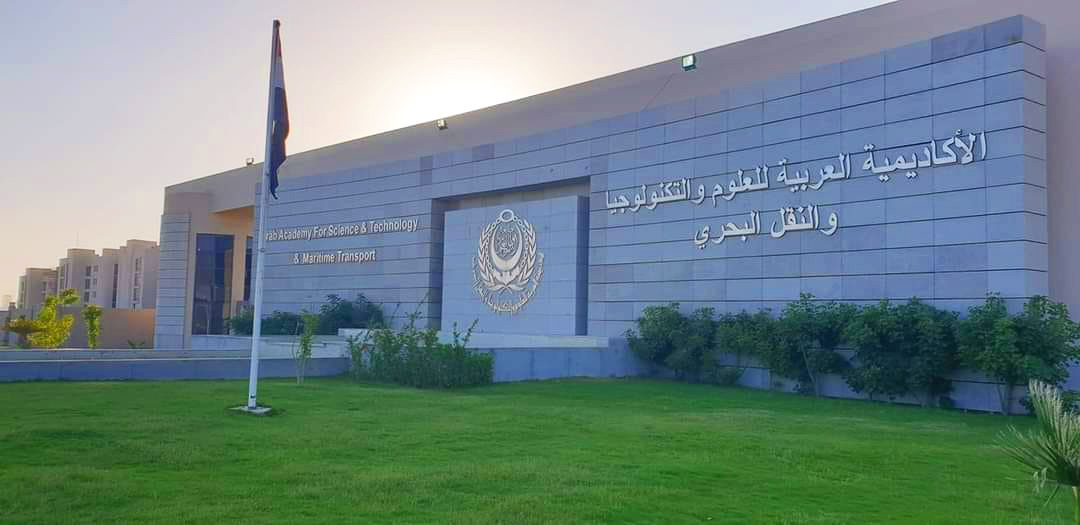
Based on the request of the College of Pharmacy Council, the Academy Council grants a Bachelor of Pharmacy degree PharmD and PharmD clinical according to the credit hours system. The Bachelor's degree in PharmD (Clinical Pharmacy) is the first university degree in the field of pharmacy necessary to obtain a license to practice the profession in all available pharmaceutical fields, and it also qualifies the graduate to register for postgraduate studies.
The duration of the study in the program is five academic years (five levels over ten semesters) according to the credit hours system, and one year of advanced field training (internship year) in work sites (5 + 1) in addition to 100 hours of initial field training in community and hospital pharmacies. During the summer vacations for the study years after the end of the third level and before the start of the internship year.
The study program is designed so that learning is through theoretical lectures, panel discussions, practical lessons, workshops, field exercises, research, presentations, hybrid and electronic education, in addition to cooperation with the surrounding community.
The number of credit hours (176 hours) is divided into:
• 168 credit hours of compulsory college requirements
• 8 credit hours of elective college requirements
Our Objectives and aims:
Focusing on the role of the pharmacist in providing appropriate health care to the patient inside and outside hospitals by following up on his medication regimen, studying the principles of clinical pharmacokinetics and their applications in treatment of different pathological conditions, and finding appropriate treatment regimens in cooperation with the attending physician, which results in improving health care for patients and reducing risks and drug interactions.
• Graduating a distinguished pharmacist who is qualified to work in community and hospital pharmacies, pharmaceutical companies, drug control laboratories, food analysis, and work in the field of media, marketing, research, and universities.
• Increasing the competitiveness of the program's graduates at the regional level through study and training programmes.
• Participate in community service, environmental development, and provide a tangible economic return by rationalizing the use of medicines in hospitals.
• Commitment to achieving quality standards in pharmacy education through interactive education and interest in self-learning.
• Graduating a distinguished pharmacist who is qualified to work in public and private pharmacies, pharmaceutical factories and companies, pharmaceutical control laboratories, food analysis, and work in the field of media, marketing, research, and universities.